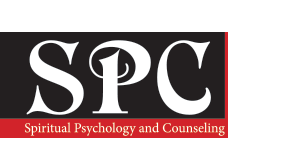Examining the Relationship between Fear of COVID-19 and Spiritual Well-Being
Author/s: Figen Kasapoğlu
DOI: 10.37898/spc.2020.5.3.121
Year: 2020 Vol: 5 Number: 3
Abstract
The continuing spread of the COVID-19 (coronavirus) pandemic has psychological effects on many individuals. One of these effects is the fear of COVID-19. In this study, it is aimed to examine the fear of COVID-19 in terms of spiritual well-being. In addition, the fear of COVID-19 was examined within the framework of gender, age range, education, income level, whether there is someone diagnosed with COVID-19 nearby and marital status. The study group of the research consisted of 474 adults (261 females, 213 males) were selected by the convenient sampling method. The research method is the correlational survey model. Data was obtained using the Demographic Information Form, the Spiritual Well-being Scale, and the COVID-19 Fear Scale. Descriptive statistics, t-test for independent groups, ANOVA, Pearson Correlation test and regression analysis were used in the study. Group comparison analysis revealed that women experienced higher levels of fear of the coronavirus. While those with postgraduate education reported significantly lower levels of fear of the coronavirus than those with other education levels. Fear of the coronavirus did not differ according to the age range, income level, and marital status of the participants. According to the results of the correlation analysis, a negative correlation between the fear of coronavirus and spiritual well-being and sub-dimension of spiritual well-being “transcendence” was found; and a positive correlation between the fear of the coranavirus and the sub-dimension of spiritual well-being “anomie” was found. Regression analysis showed that “anomie” positively predicted the fear of coronavirus. The findings of the research were discussed within the scope of the related literature.
Keywords
COVID-19, Fear of COVID-19, Spiritual Well-Being, Transcendence, Anomie, Turkey

